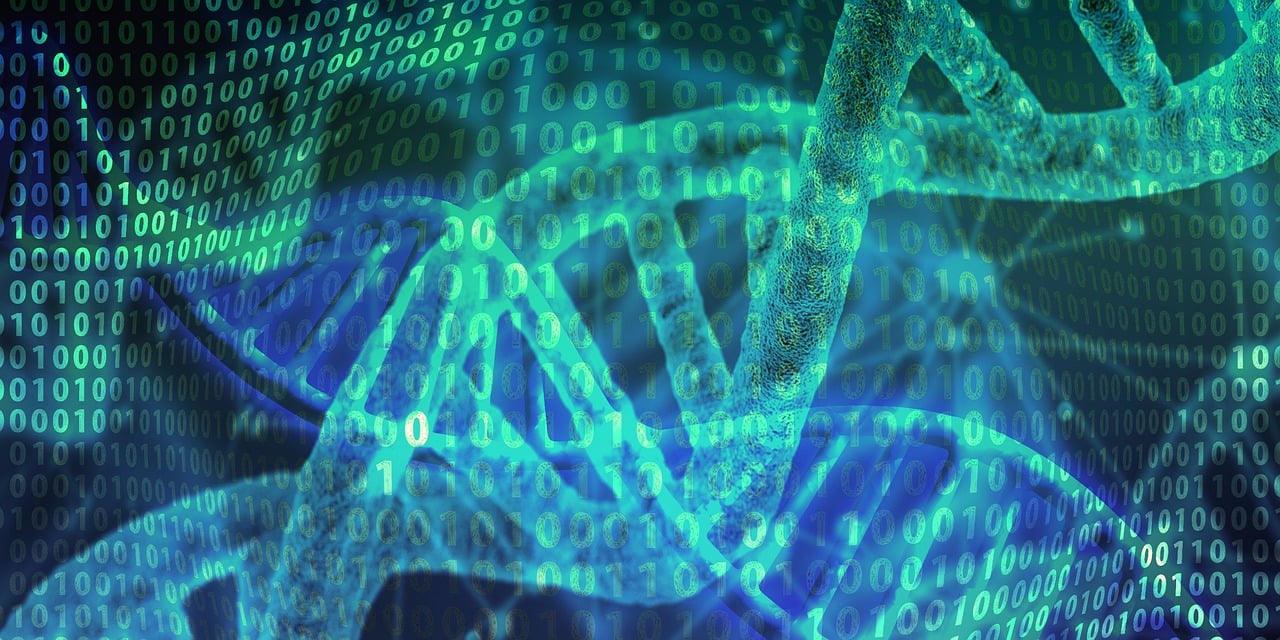Want to learn more about skin aging and how to find out your skin's true age?
The skin is the largest organ in the human body and reflects not only the passage of time, but also our overall health and lifestyle. However, as we age, the skin goes through a natural aging process.
The latter can manifest itself through the appearance of wrinkles, loss of elasticity and signs of environmental damage. However, skin aging is not just a matter of chronological age.
In fact, it is influenced by a series of internal and external factors that can accelerate or slow down the process. Understanding the underlying causes of skin aging and knowing the available remedies can be essential to maintaining a young, healthy and luminous skin over the years.
In this article, in fact, we will explore the roots of skin aging, the factors that influence it and the practical strategies that can be adopted to preserve the beauty and vitality of our skin over time.
Causes of skin aging: what are they?
The causes of skin aging are diverse and complex, influenced by a combination of internal and external factors. While some of these are inevitable and related to the passage of time, others can be the result of a series of resolvable factors.
Understanding these causes is essential to adopt a targeted approach to skin care and to preserve its youth and vitality over time. Here, then, are what the triggers can be:
- UV Exposure : Prolonged exposure to ultraviolet (UV) rays from the sun is a major cause of skin aging. UV rays damage the collagen and elastin fibers in the skin, which are responsible for its elasticity and tone. This damage leads to wrinkles, sunspots, and loss of elasticity;
- Lifestyle : Factors such as smoking, excessive alcohol consumption, an unbalanced diet and lack of exercise can accelerate skin aging. Smoking, for example, is known to reduce blood flow to the skin and impair its ability to heal, while a diet high in sugar and fat can contribute to wrinkles and skin deterioration;
- Oxidative stress : Oxidative stress caused by free radicals can damage skin cells and accelerate the aging process. These free radicals can be produced by environmental factors such as air pollution, but also by internal factors such as emotional stress and hormonal imbalance;
- Loss of collagen and elastin : As we age, our bodies produce less collagen and elastin, two proteins that are essential for keeping our skin looking youthful and firm. This loss of collagen and elastin leads to wrinkles, sagging skin, and loss of density.
Are there any remedies for skin aging?
Fortunately, there are a variety of remedies available to combat skin aging and preserve the youth and vitality of the skin over time. Here are some of the most effective:
- Sunscreen : Daily application of a broad-spectrum sunscreen with an SPF of at least 30 is essential to protect your skin from UV damage. It is important to apply sunscreen even on cloudy days and in winter;
- Hydration : Keeping your skin well hydrated is essential to maintaining its elasticity and radiance. Using moisturizers rich in ingredients such as hyaluronic acid and vitamin E can help keep your skin soft and hydrated;
- Antioxidants : Antioxidants help fight oxidative stress by neutralizing free radicals that damage the skin. Supplementing your diet with antioxidant-rich foods like fruits, vegetables, and green tea can help keep your skin looking young and healthy;
- Skin Care Products : Using skin care products containing active ingredients such as retinol, vitamin C, and alpha-hydroxy acids can help stimulate cell renewal, improve skin texture, and reduce the appearance of wrinkles;
- Healthy Lifestyle : Adopting a healthy lifestyle that includes a balanced diet, regular exercise and managing stress can help maintain youthful, glowing skin over time.
Taking a DNA Test: How Will It Help You?
Recent advances in science and technology are opening up new possibilities in the field of skin care, including the ability to take a DNA test to discover the state of skin aging.
By identifying specific genetic variants associated with skin aging, these tests can provide personalized guidance on what strengths and areas for improvement are in an individual’s skin care routine.
These tests, in fact, offer a unique opportunity to obtain personalized information on genetic predispositions to collagen and elastin loss, as well as susceptibility to environmental damage and visible signs of aging.
This innovative approach may open new avenues for personalizing skin care , allowing individuals to adopt targeted preventative measures and specific treatment strategies to maintain youthful, healthy skin throughout the years.




Leave a comment
This site is protected by hCaptcha and the hCaptcha Privacy Policy and Terms of Service apply.